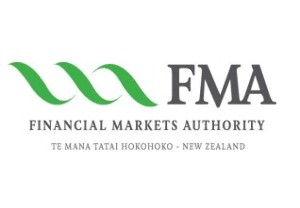
It replaces the FMA’s 2014 guidance note to align with the new regulatory regime.
The FMA found issues with the previous guidance through monitoring visits and misconduct cases and finalised the new note following consultation with providers and custodians.
A ‘provider’ under the FMC Act is a financial service provider who holds, transfers, or deals with client money or property on behalf of clients. It replaces the ‘broker’ role under the old Financial Advisers Act 2008.
The note also provides additional guidance for custodians who have specific obligations in addition to those that apply to all client money and property service providers.
A ‘custodian’ is a provider who holds money or property for clients, rather than someone who just executes orders to pay or transfer money or property to another person. Custodians have additional obligations related to audit and assurance engagements, reporting to clients, and reconciliations.
Key takeaways:
- The guidance sets out how custody reporting should be provided to directly to a client via an address of their choosing, rather than to a financial adviser or other person involved in the transactional chain;
- Where reporting is provided via an electronic platform, the platform should be the custodian’s own, or else have appropriate systems and controls in place to ensure the reports and information cannot be altered by the platform provider or anyone else involved in the transactional chain;
- Suggests steps providers and custodians can take to verify client’s electronic addresses; and
- confirms that client money and property rules do not apply to a ‘broker’ within the meaning of the Insurance Intermediaries Act 1994, and that in the FMA’s view a non-IAA broker is not providing a client money or property service.





Comments
No comments yet.
Sign In to add your comment